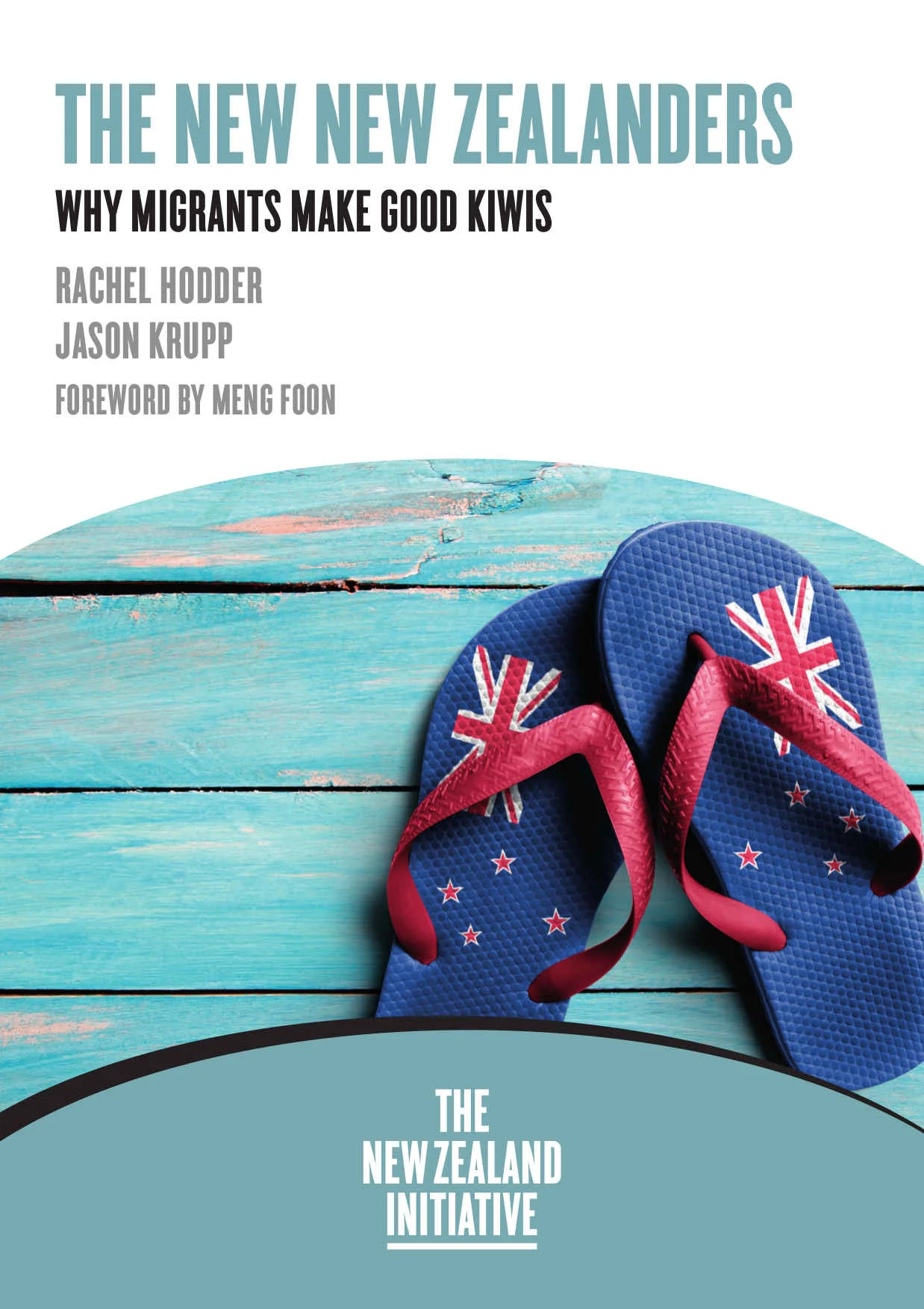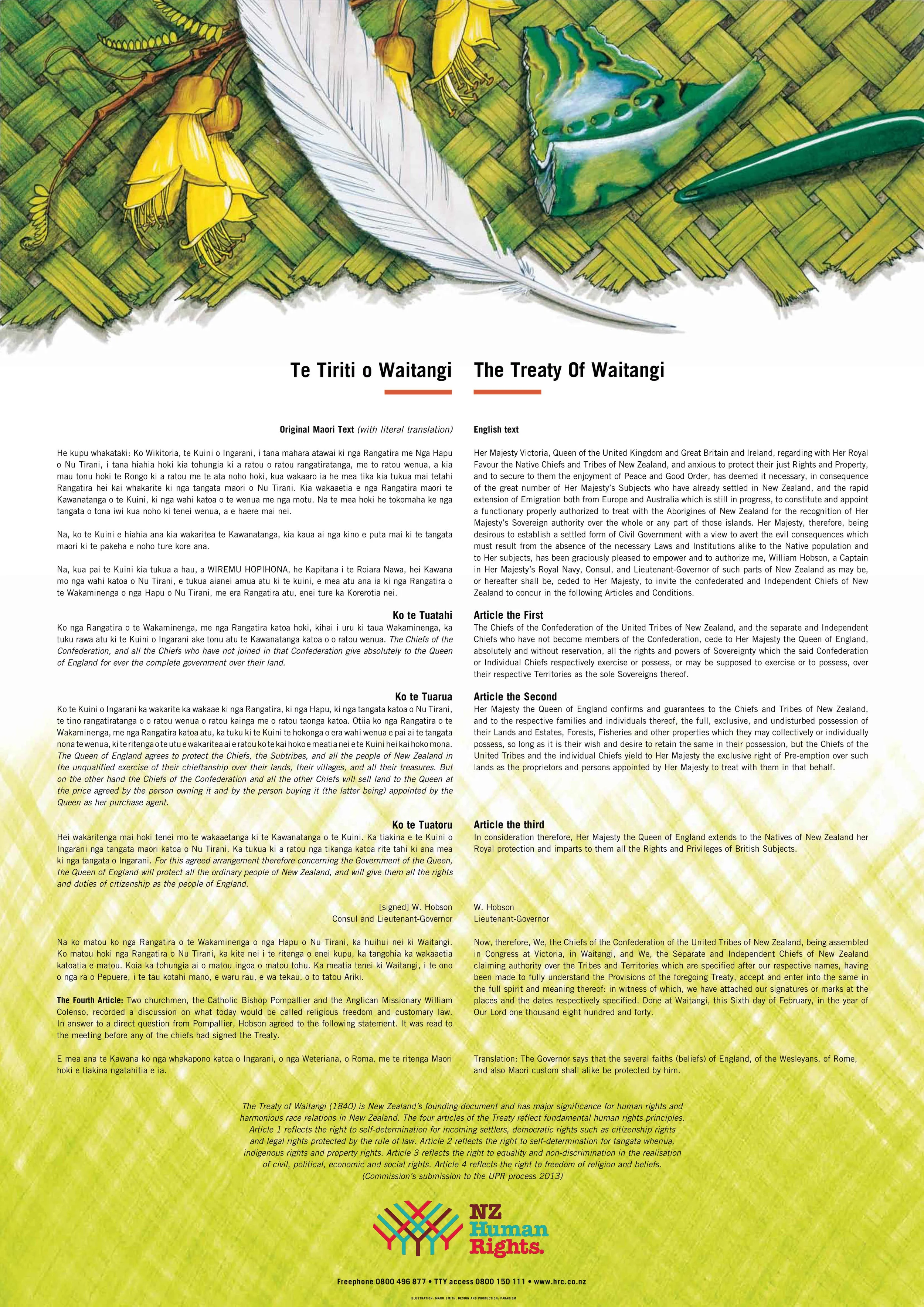Community radio: Toranj in Farsi
Reza Jarvandi is presenting a Farsi-language programme, Toranj, on community radio station Plains FM96.9 that is of interest not only to Iranians but also covers people from other countries where that language is spoken, such as Afghanistan, Tajikistan and a part of India.
The 30-minute, fortnightly programme started at 7pm on Wednesday, January 11. It is funded by the Ethnic Communities Development Fund.
"...We say the university is a small United Nations. We took a photo last year of post-graduates of Media Communications Studies and only two of them were New Zealanders. They included students from Indonesia, Nepal, Palestine, India, China, Iran and Nigeria..."
Reza acknowledges that occasionally there is identity confusion outside of Iran about the difference between Iranians and Persians.
In fact, there are several ethnic groups in Iran but their common language is Farsi. Persians are one of these of these groups and Farsi is their ethnic language.
“Within Iran, almost all people call themselves Iranians. But while in other countries, many Iranians prefer to be called Persians,” says Reza.
Of course, this is not an issue on Toranj, which deals mainly with points of interest for Iranian migrants settling in New Zealand.
“On the show, in parallel to introducing our culture and trying to be entertaining, we explain basic issues and problems for newcomers, such as finding a home and a job, and shopping in New Zealand,” says Reza.
“This information is aimed at families and successful Farsi-speakers such as businessmen and students. There is also a special part for children and some music."
“There are many Iranian students coming to Christchurch, including a lot studying engineering at the University of Canterbury. Many of them like to stay after graduation and are not finding it too difficult to do so because they can find a job here.”
Reza is a PhD student in Media and Communication Studies at the School of Language and Political Science at Canterbury University.
“I am presenting Toranj with students and friends. We have an Iranian Students Association at the University of Canterbury and I work with five or six other students to put the programme together,” says Reza.
“We say the university is a small United Nations. We took a photo last year of post-graduates of Media Communications Studies and only two of them were New Zealanders. They included students from Indonesia, Nepal, Palestine, India, China, Iran and Nigeria."
“We want Toranj to be a voice for the Iranian community in Christchurch – to help us find our own identity and voice here. We try to promote the Farsi language and culture, and thereby participate in enriching the whole society."
“I think the Iranian community could be one of the strongest in Christchurch, because most of the students who stay here have a PhD. This will help them form a highly educated community with a positive future.”
Reza explains that the programme, Toranj, is named after a citrus fruit (not an orange) that is very important in Persian culture. The Toranj has been featured prominently in Persian-carpet design since very ancient times. It can be found in most Iranian homes.
“In the process of choosing the programme name, we were looking for one that would be easy to pronounce for non-Farsi speakers. Toranj can also be found in our poetry and music,” says Reza.
- Hans Petrovic



